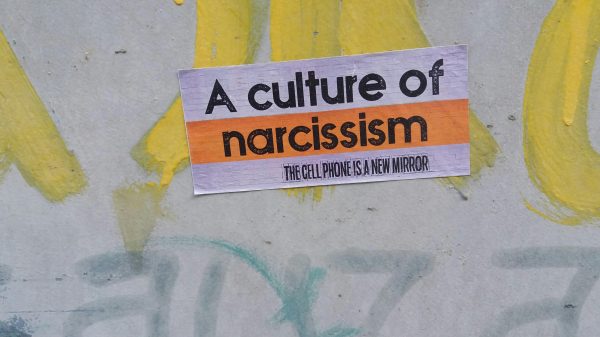In the labyrinth of modern dating, where swipes and likes often dictate the rhythm of romance, the phenomenon of ghosting has emerged as a haunting specter. Like a digital poltergeist, it leaves one party suddenly invisible, their presence vanished without a trace or explanation. As technology continues to shape our interactions, the question looms larger than ever: Is it ever okay to ghost someone in this contemporary dance of connection and disconnection? In this exploration, we delve into the heart of ghosting, unraveling its nuances and pondering the ethical dimensions of this silent farewell. With perspectives from both the ghosted and the ghoster, we seek to illuminate the shadows of this pervasive practice, inviting readers to consider whether, in certain circumstances, disappearing into the digital ether might be justified.
Understanding the Emotional Impact of Ghosting
In the realm of modern dating, the emotional repercussions of being ghosted can be profound and unsettling. Individuals often experience a myriad of emotions, ranging from confusion to self-doubt. This silent severance can leave one questioning their worth and replaying interactions in search of what went wrong. The absence of closure often leads to a prolonged emotional limbo, making it difficult to move forward or trust future connections.
- Confusion: The abrupt nature of ghosting leaves many puzzled, grappling with unanswered questions.
- Self-Doubt: Without explanations, individuals may internalize blame, impacting their self-esteem.
- Emotional Limbo: Lack of closure can result in lingering feelings, complicating future relationships.
These emotional responses highlight the importance of communication and empathy in dating, suggesting that while ghosting might seem like an easy out, its emotional toll can be significant.

Navigating Boundaries and Communication in Dating
In the realm of modern dating, communication serves as the cornerstone of healthy relationships. Establishing and respecting boundaries is crucial, as they help partners understand each other’s needs and limits. Effective communication can manifest in various ways, from discussing personal boundaries early on to using digital tools to express feelings and intentions. It’s essential to recognize that everyone has different comfort levels and expectations, which makes open dialogue indispensable.
When navigating boundaries, consider the following practices:
- Engage in honest conversations about your intentions and expectations.
- Use clear and respectful language when discussing sensitive topics.
- Listen actively to your partner’s concerns and preferences.
- Be adaptable and willing to renegotiate boundaries as the relationship evolves.
Incorporating these practices into your dating life can foster a mutual understanding and help prevent misunderstandings. By prioritizing open communication, you not only respect your partner’s boundaries but also pave the way for a more meaningful connection.

Recognizing When Ghosting Might Be Acceptable
While the idea of ghosting often carries negative connotations, there are scenarios where it might be seen as a more acceptable course of action. Safety concerns should always be a priority. If someone exhibits behavior that feels threatening or makes you uncomfortable, disengaging from communication without explanation can be a necessary step. Similarly, when a person becomes overly aggressive or disrespectful, cutting off contact can be a self-preserving measure.
- Boundary violations: If someone persistently disregards your boundaries despite being clearly communicated, ghosting might be warranted.
- Dishonesty: Discovering that someone has been deceitful about significant aspects of their life can justify an abrupt end to communication.
- Emotional manipulation: Recognizing manipulation tactics, such as gaslighting or guilt-tripping, may necessitate a clean break.
Ultimately, while transparency and communication are ideal, certain situations may call for a different approach to protect one’s well-being and peace of mind.

Practical Alternatives to Ghosting in Difficult Situations
Instead of disappearing without a trace, there are more considerate ways to end a connection. Direct communication is often the most respectful option. It might be uncomfortable, but sending a straightforward message allows the other person to have closure and understanding. Phrases like “I appreciate our time together, but I don’t feel a connection moving forward” can convey your intentions clearly without unnecessary hurt.
For those who find direct confrontation challenging, soft ghosting might be an alternative. This involves gradually decreasing communication, allowing the relationship to naturally fade. However, this method should be used with caution and only in situations where the other person is likely to pick up on social cues. Lastly, suggesting a friendship can be a viable path if both parties are open to it. While this doesn’t always work, it can provide a middle ground for those who aren’t ready to completely cut ties.
- Direct communication – Honesty can be the kindest option.
- Soft ghosting – Slowly decrease interaction to signal a fade-out.
- Suggesting friendship – Propose a different type of relationship.








